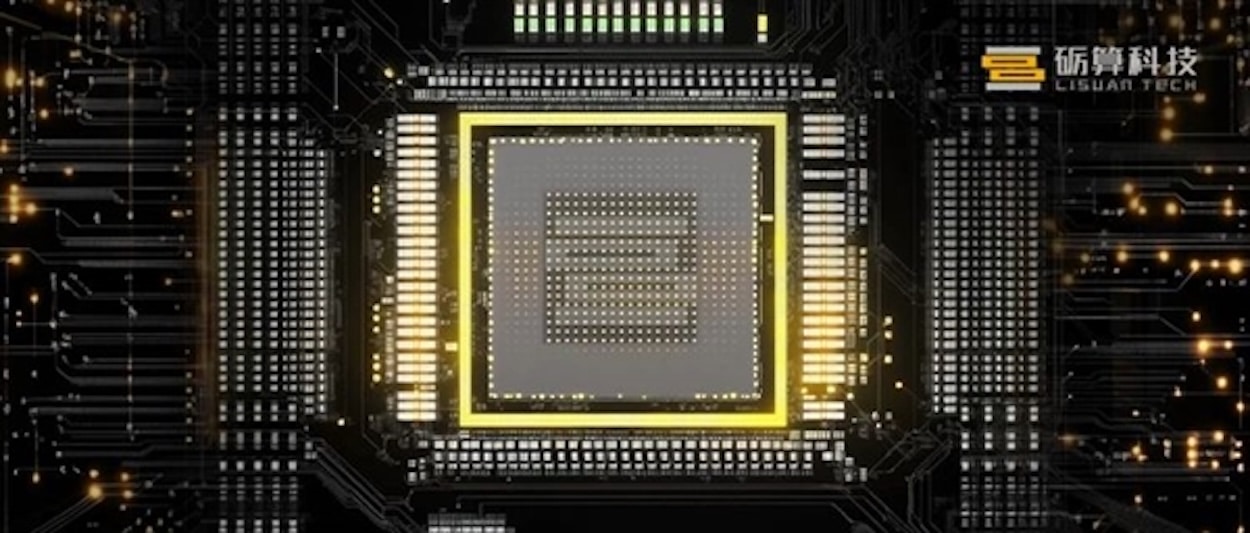The American company Cadence Design Systems, one of the most influential firms in the electronic design automation (EDA) sector, has pleaded guilty before a federal court for violating export control laws. The company admitted to selling chip design software to China’s National University of Defense Technology (NUDT), an institution linked to nuclear weapons development, including nuclear explosion simulations.
A client on the blacklist since 2015
NUDT, located in Hunan Province, has been part of the U.S. Department of Commerce’s Entity List since 2015, prohibiting the export of technology without a special license. However, between 2015 and 2020, Cadence and its subsidiary Cadence China made at least 56 software deliveries to an organization known as CSCC (Central South CAD Center), a pseudonym used by NUDT to bypass sanctions. Judicial documents indicate that Cadence China employees were fully aware of these aliases.
Additionally, the company also sold its products to Phytium Technology, a Chinese semiconductor company with close ties to NUDT, without obtaining the necessary licenses from the U.S. government.
Penalties and legal actions
After pleading guilty to conspiracy to violate export control regulations, Cadence will pay $140 million in criminal, civil, and confiscation penalties. Furthermore, it will be under probation for three years, severely restricting its operations with sanctioned foreign entities. Any future violations could result in even more severe penalties, including a total ban on exporting sensitive products.
A case that puts pressure on the industry
This case represents the largest publicly admitted violation by a major U.S. tech company regarding Washington’s sanctions regime against China and could set a precedent for future regulatory actions. Meanwhile, other companies like NVIDIA are also under scrutiny for smuggling banned GPUs, such as B200 and RTX 5090, which have flooded the Chinese black market despite restrictions imposed by the U.S. administration.
Escalation of technological control
The tightening of technology exports to China is part of a broader strategy to contain the country’s military and AI capabilities, which the U.S. perceives as an increasing threat to national security. This pressure has also extended to key Asian allies, such as Singapore and Malaysia, urging them to cooperate in shutting down smuggling routes.
However, high Chinese demand for advanced technology and the profit margins in black markets make complete eradication of illegal trade challenging.
A new landscape for the EDA industry
Although the U.S. recently lifted the general ban on exporting EDA tools, this easing of restrictions does not apply to entities on the blacklist, such as NUDT. Consequently, companies wishing to do business with such institutions must continue to seek specific export licenses.
Cadence’s fine sends a clear signal to the industry: ignoring strategic controls can be extremely costly, both financially and reputationally. In a global context of increasing technological and geopolitical tensions, electronic design and semiconductor firms now operate in a much more delicate and regulated environment.
via: tomshardware

